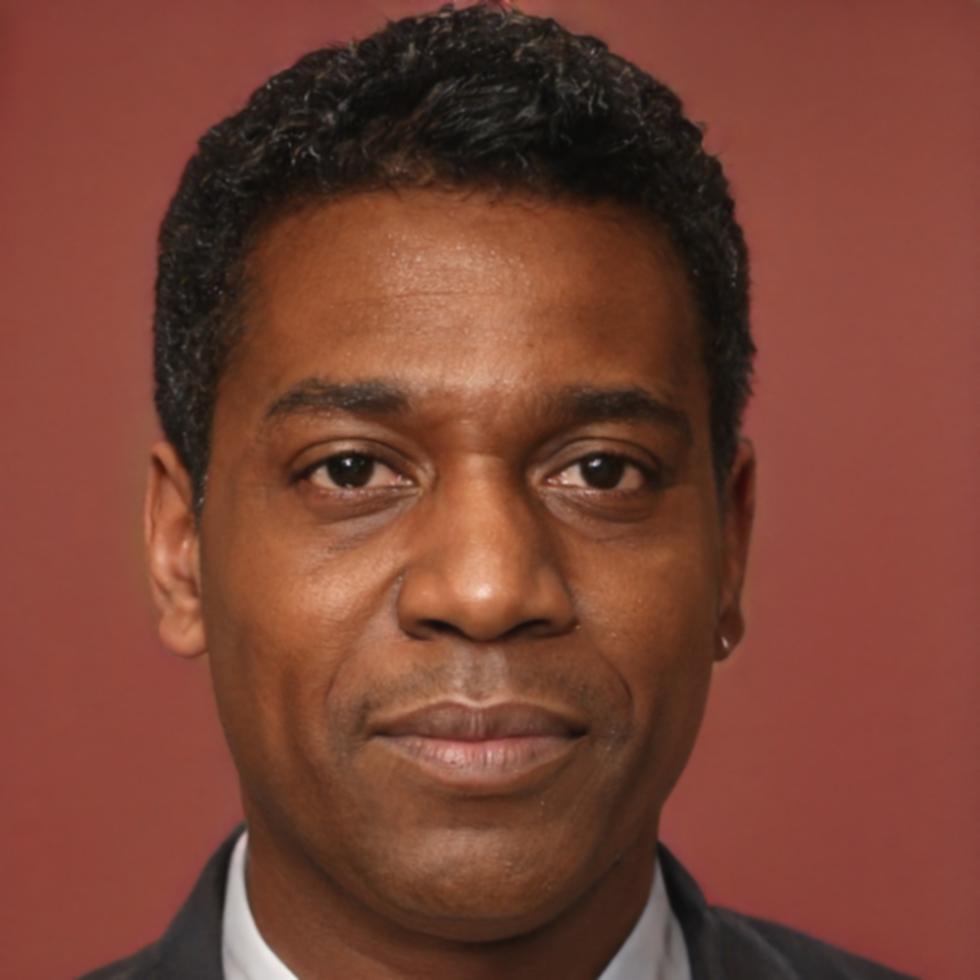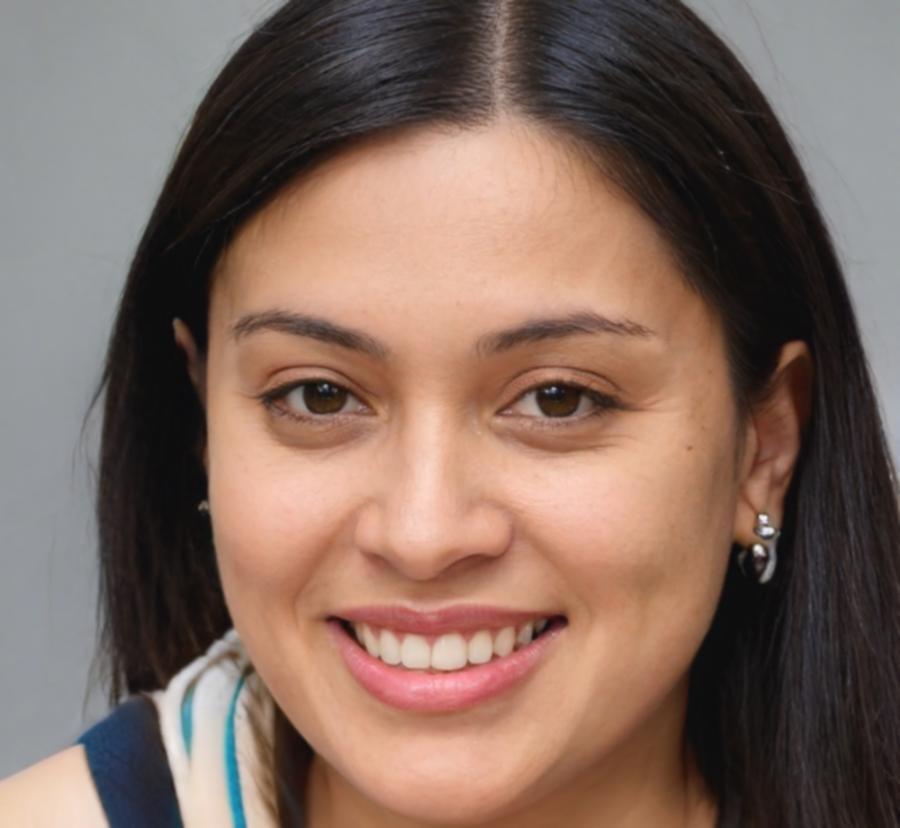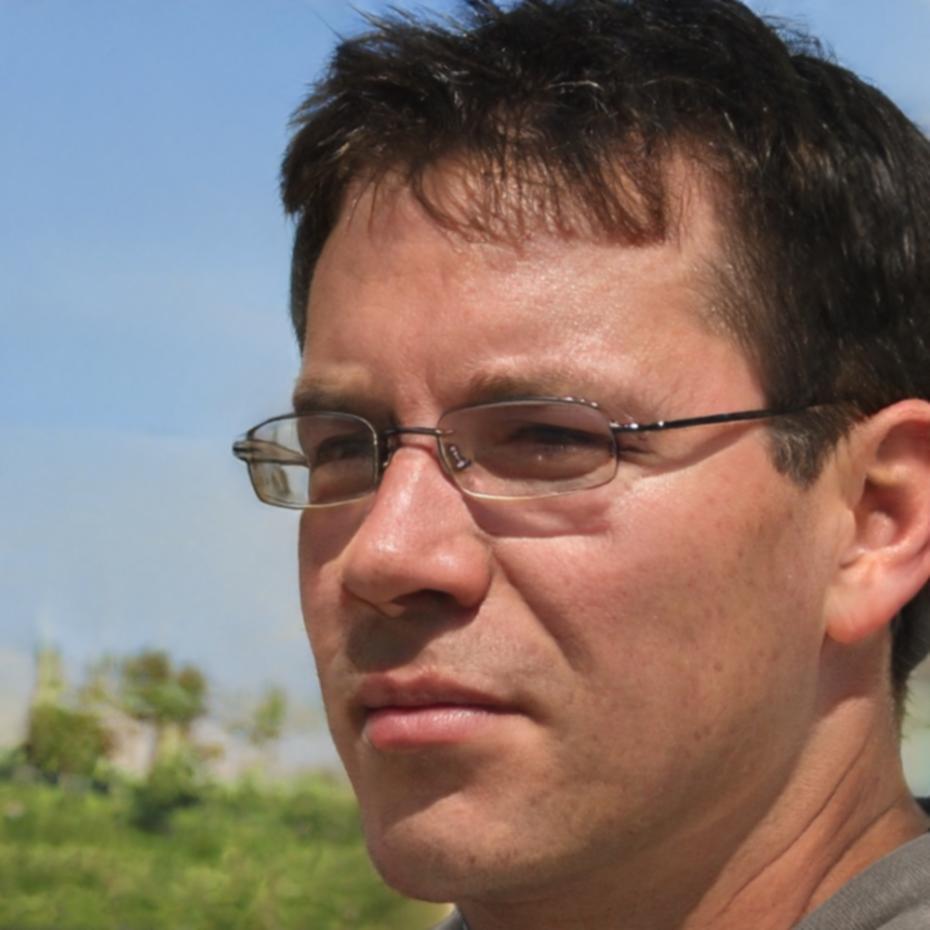Build Games People Actually Want to Play
Six-month intensive program starting September 2025
Most game development courses teach you the tools. That's fine, but tools alone don't make good games. You need to understand what keeps players engaged, how progression systems work, and why some mechanics feel satisfying while others fall flat.
Our program runs for six months with hands-on projects every week. You'll work with people who've shipped games that hit download milestones, and you'll get direct feedback on your work. Not generic praise—actual critique that helps you improve.
Apply for September IntakeLearn from People Who've Built Real Games
Our instructors have shipped titles across different platforms. They know what works and what doesn't because they've learned the hard way.

Nikolai Petrov
Gameplay Systems Lead
Spent eight years building progression systems for mobile titles. Knows why players stick around or leave after the first session. Teaches the psychology behind game loops.

Diana Mihailova
Technical Director
Built performance optimization systems for games running on older devices. Her focus is making games that work smoothly across different hardware without compromising the experience.

Viktor Andreev
Monetization Strategist
Worked with studios on balancing player experience with revenue goals. Teaches how to design fair systems that support long-term player engagement without feeling exploitative.

What You'll Actually Learn
The program runs from September 2025 through February 2026. Each month focuses on building specific skills through actual project work.
-
Months 1-2: Core Mechanics
Build your first playable prototype. Focus on controls, basic physics, and player feedback. You'll iterate on one core mechanic until it feels right.
-
Months 3-4: Progression Systems
Design reward structures, difficulty curves, and unlockable content. Learn why some games keep players coming back and others don't.
-
Months 5-6: Polish and Launch
Optimize performance, conduct player testing, fix bugs, and prepare for distribution. Your final project needs to be something you'd actually release.
What Happens After the Program
We don't guarantee jobs. That's not realistic and you shouldn't trust anyone who promises that. What we do is give you portfolio work and connections.
Portfolio Development
You'll finish with three complete projects that demonstrate specific skills. Not tutorial clones—original work that shows your thinking process and problem-solving ability.
Industry Connections
Guest speakers from studios visit throughout the program. Some graduates end up working with these contacts later. We can't promise anything, but the connections help.
Continued Learning
Access to our community and resources continues after graduation. Game development changes fast, and you'll need ongoing learning to stay current with new approaches and tools.
